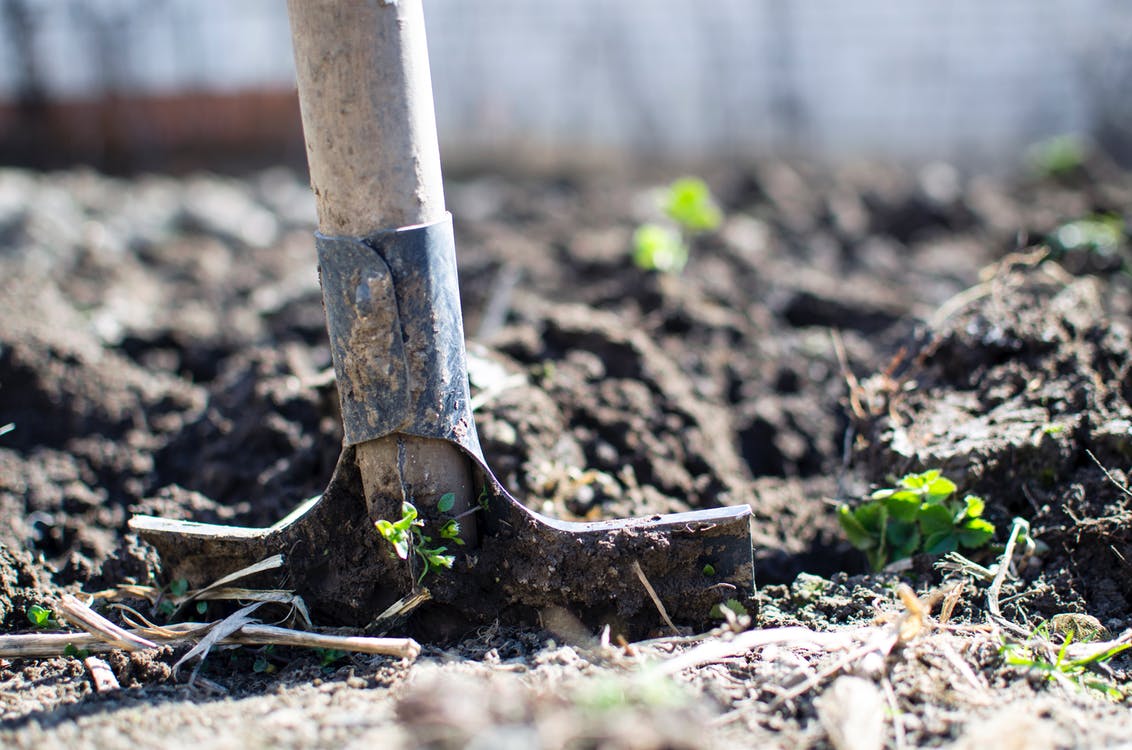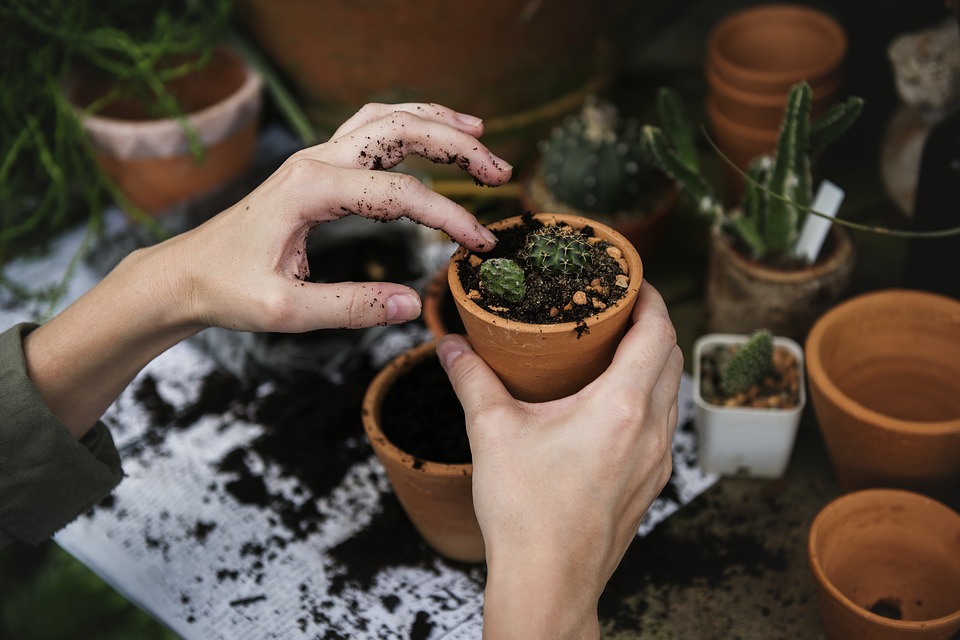
Isn’t amazing just how many lessons you can teach with ordinary activities many children watch their parents actively pursue at home? Take a garden, for instance. Kids of all ages can learn many of life’s most valuable lessons by growing a garden which can be as simple as gardening boxes on a window sill, or a piece of land outside on the school grounds.
No matter how limited your resources, every classroom should have its very own garden and it doesn’t take a Master of Education to understand the benefits. Even so, a Master of Education in Learning, Cognition and Development like you can earn here will certainly help you develop lessons based on deeper levels of understanding as to how a child’s mind works.
Environmental Lessons on Stewardship
Highly rated Rutgers University helps their graduate students understand the importance of interdisciplinary lessons for higher levels of cognition. When trying to teach about environmental stewardship, most classrooms focus on lessons in things like recycling and reducing waste. What about approaching environmental stewardship from the opposite direction?
What if you helped your students learn the benefits of giving back to the ecosystem after having drained so many of our natural resources. Did you know that a classroom garden can help you develop deeper levels of understanding in the science of environmental stewardship?
Opening Your Garden to the Community
One of the common complaints you’ll hear from parents today is that they have lost the ability to communicate with their young people. Kids, even at very young ages, are found online at all hours of the day and night. Where families used to talk about the day’s events over a nice family dinner, kids now come home with smartphone in hand and message away throughout the entire meal. Perhaps that is communication, but what are we teaching our children about relationships and being a part of the community?
Some students in Rutgers University online classes have found that they also have a real need to get out and about among live bodies. It is one thing to spend hours a day working towards a degree as useful as a Master of Education, but it something else altogether when you can go for days without greeting anyone in person – a live body. Teachers have found that by opening their classroom garden to community volunteers, among which are parents, kids learn to better communicate with the people around them. As they discuss the plants they are working with, kids begin to understand the importance of live, hands-on communications and relationships.
You Never Know Until You Try!
From academic lessons on botany to physical and social development, gardening can have a huge impact on our students’ education. There is so much to learn about life in general when gardening for the first time, that it’s a shame every classroom doesn’t have its very own garden. No matter how you approach it, the most fun comes in harvesting and enjoying all those fruits of their labor. In fact, kids might even find they like vegetables once they’ve tried those they’ve grown! You never know what a simple garden can do for your students until you try.

